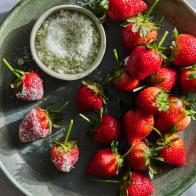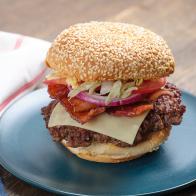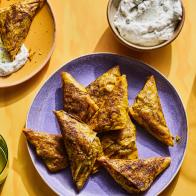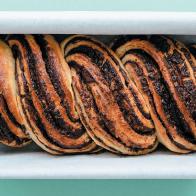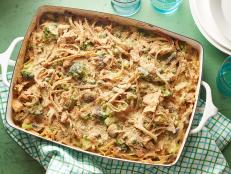Make Sure You Really Know How to Cook Frozen Food Safely
New research suggests many people aren't cooking frozen food properly.
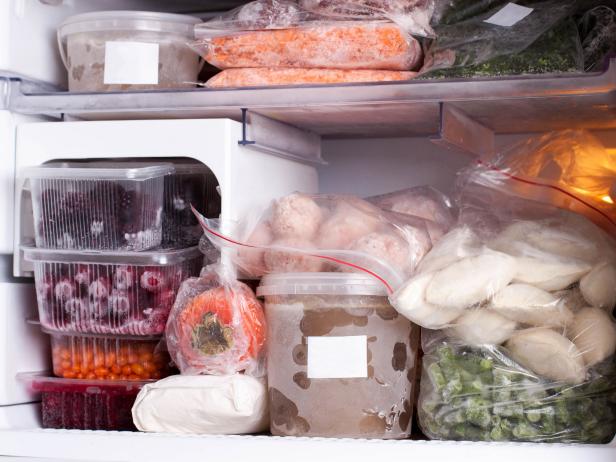
Qwart/Getty Images
More people are cooking from home these days, yet many home cooks don’t know how to safely cook frozen foods, which can put their loved ones at risk for foodborne illness, according to new research from the U.S. Department of Agriculture (USDA). The survey found that 22% of participants thought that a not-ready-to-eat frozen chicken entrée was either cooked, partially cooked, or they weren’t sure that the product was actually raw. Coupled with the fact that many kids prepare frozen meals out of convenience, it is imperative that both parents and kids understand how to cook frozen food properly. That is why the USDA released new guidelines on how to cook frozen food properly. Here's what you need to know before cooking frozen food.
Wash Your Hands Properly
Although it may seem like a simple recommendation, many people don’t wash their hands properly. In the study conducted by the USDA, a whopping 97% of participants didn’t attempt to wash their hands while preparing their meal which helps prevent cross-contamination. Of those who tried to wash their hands, 95% did not wash their hands properly using these five steps.
Don’t Go By the Appearance
Even if the product looks like it is pre-cooked or browned, it should still be handled as if it was a raw food and must be cooked. Read the label and you’ll see phrases like “Cook and Serve,” “Ready to Cook” and “Oven Ready” indicating that the frozen food or meal must be cooked.
Use a Food Thermometer
The only way to check if a food has reached its proper internal temperature and is safe to eat is to use a food thermometer. Beef, pork, lamb and veal (steaks, roasts and chops) should be cooked to an internal temperature of 145 degrees F with a three-minute rest time. Ground meats (beef, pork, lamb and veal should be cooked to an internal temperature of 160 degrees F, while whole or ground poultry (chicken, turkey and duck) should be cooked to an internal temperature of 165 degrees F.
Cook Frozen Fruit and Vegetables Before Using
Frozen and raw fruits and vegetable can carry harmful germs that can lead to foodborne illness. In the study conducted by the USDA, they found that when participants were preparing frozen corn for a salad almost all of them failed to follow the manufacturer’s instructions to check that it reached a proper internal temperature of 165 degrees F. Again, using a food thermometer is the only way to check if the proper temperature is reached. Even when preparing a cold salad or smoothie, the USDA recommends frozen fruit and vegetables be cooked first.
Check for Recalls
Check that the frozen food in your freezer hasn’t been recalled. Both the USDA and FDA websites have information about recalled items and how to handle them. The USDAs study found that 94% of survey respondents who learned that an item in their home recalled followed the recommendation to toss them or return it to the store.
Toby Amidor, MS, RD, CDN, is a registered dietitian and consultant who specializes in food safety and culinary nutrition. She is the author of The Greek Yogurt Kitchen: More Than 130 Delicious, Healthy Recipes for Every Meal of the Day.
*This article was written and/or reviewed by an independent registered dietitian nutritionist.
Related Links:


